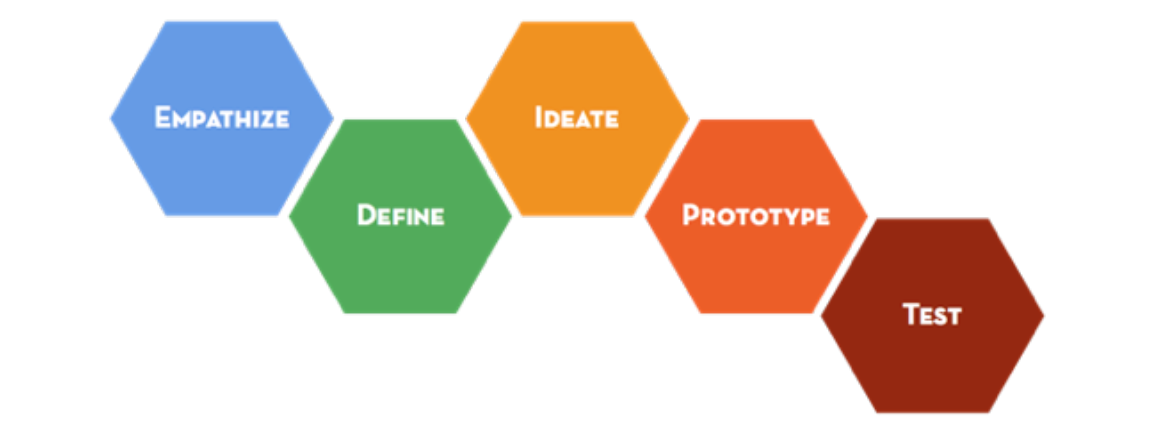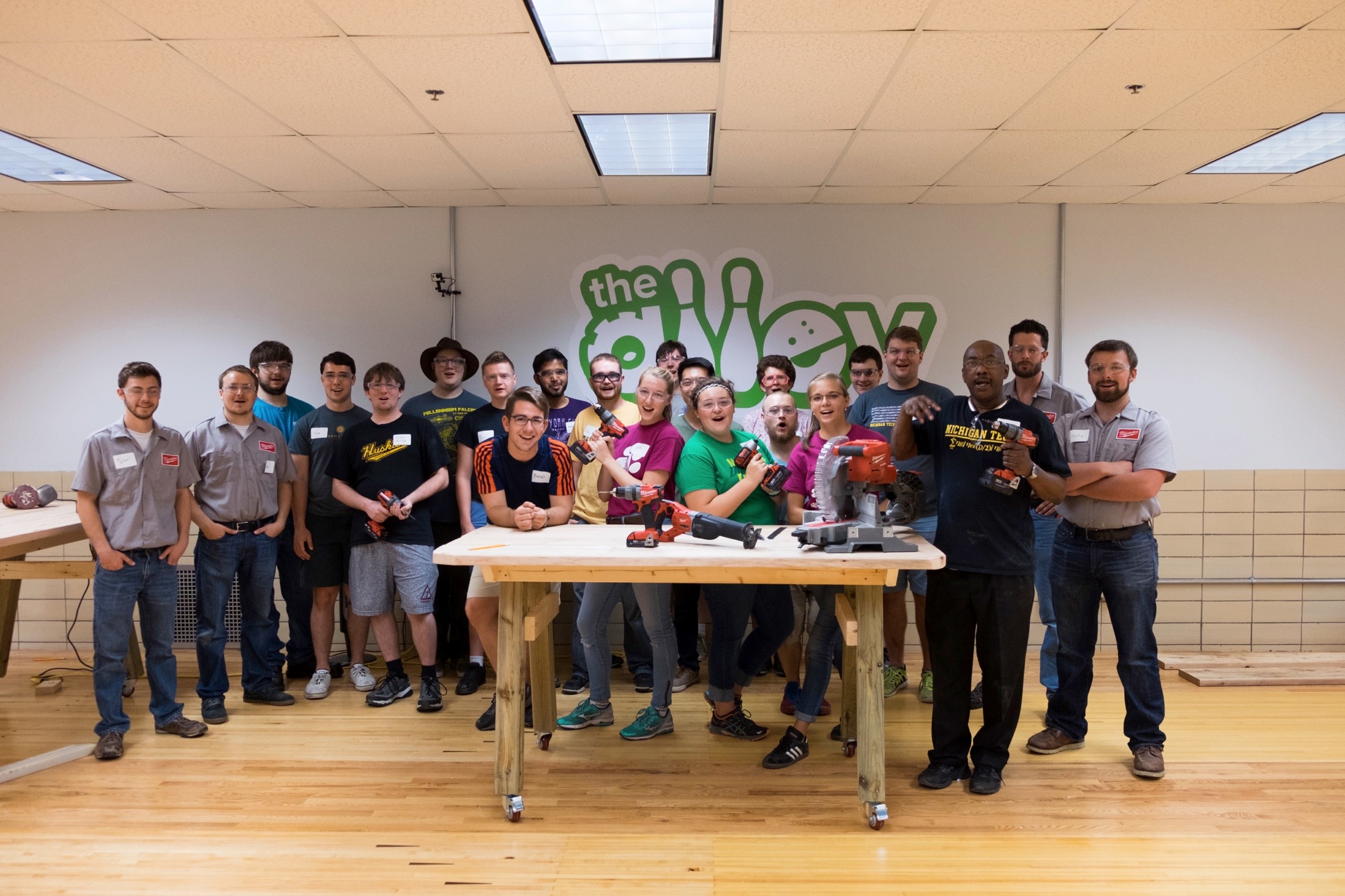Are you looking for an opportunity to get your academic or creative work published? The University of Minnesota Duluth’s Honors Program is currently accepting submissions for the 2018 issue of Aisthesis, a student-run annual honors journal. As an interdisciplinary publication, the journal welcomes academic work, including honors capstone projects, literature reviews, and articles from all fields of research. Creative writing, multimedia, as well as visual art submissions are also encouraged. The submission deadline is March 15, 2018.
To submit, please visit https://pubs.lib.umn.edu/index.php/aisthesis/index. The 2018 call for submissions can be found on here.
If you have any questions, please email honorsaisthesis@d.umn.edu.
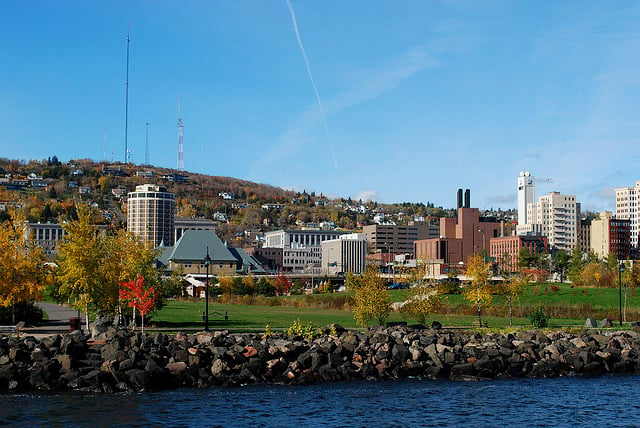
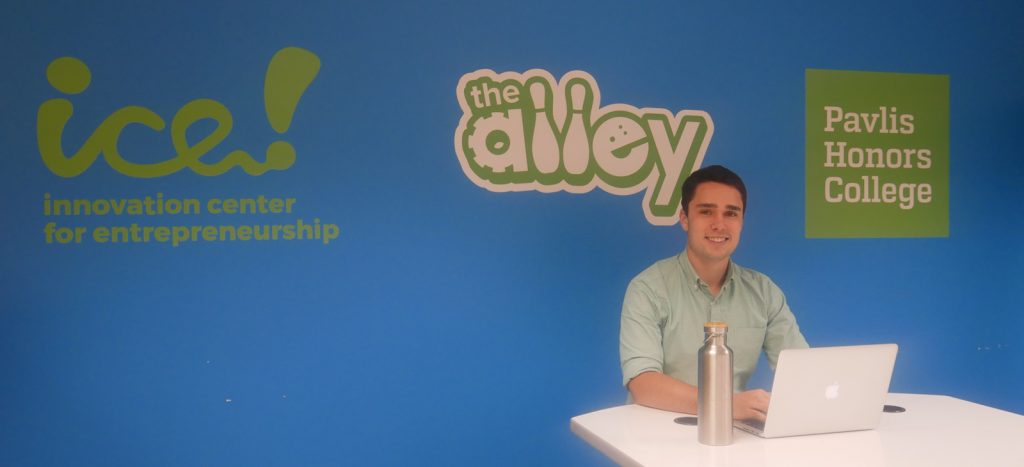
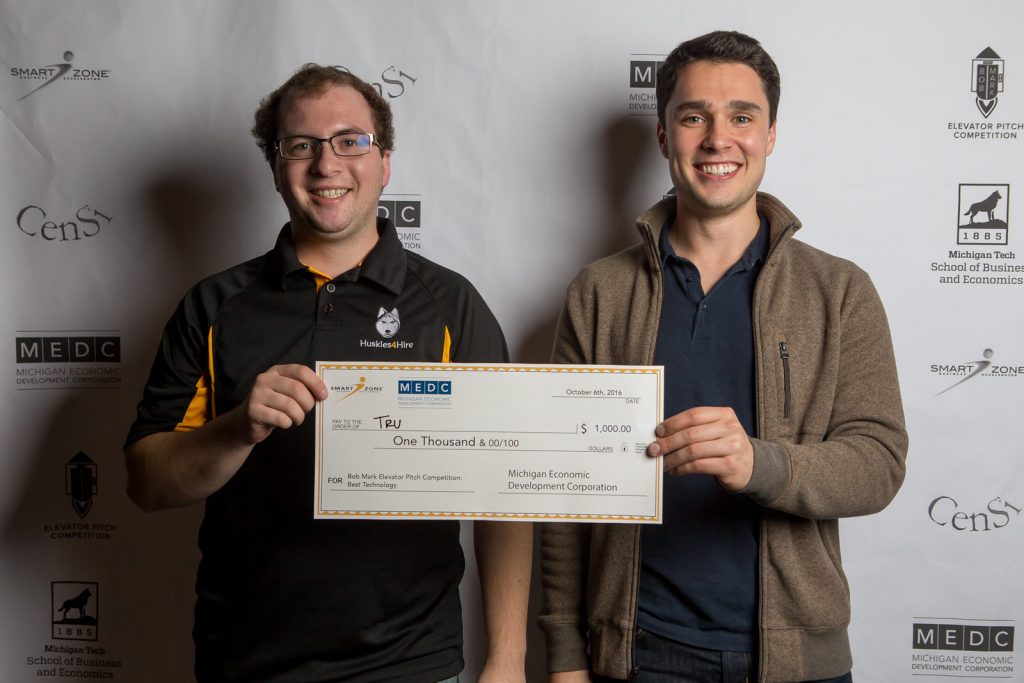
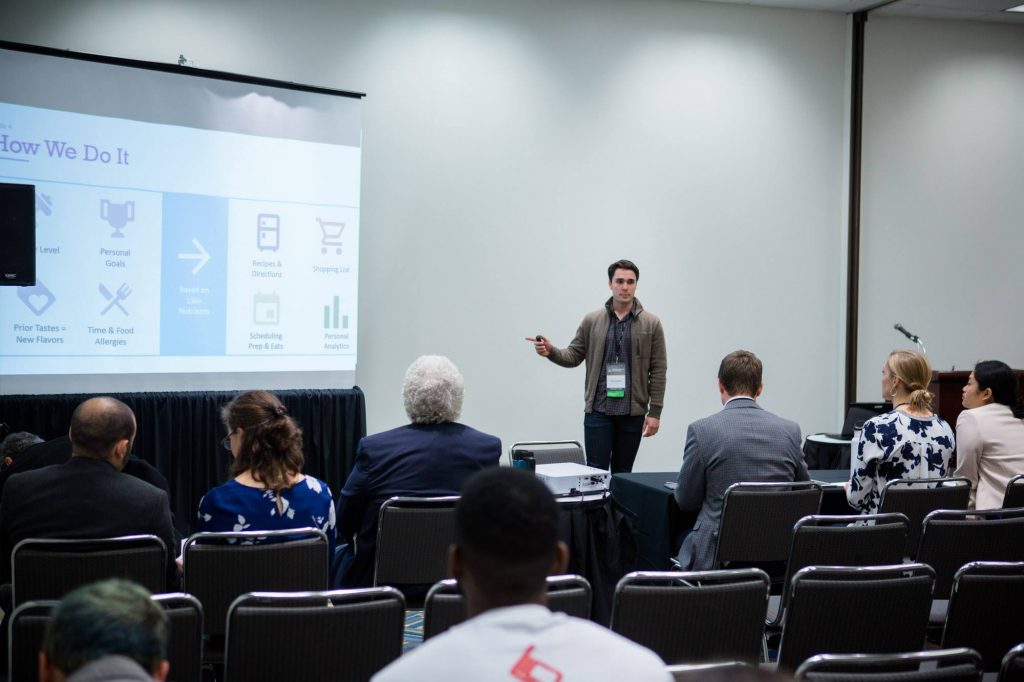
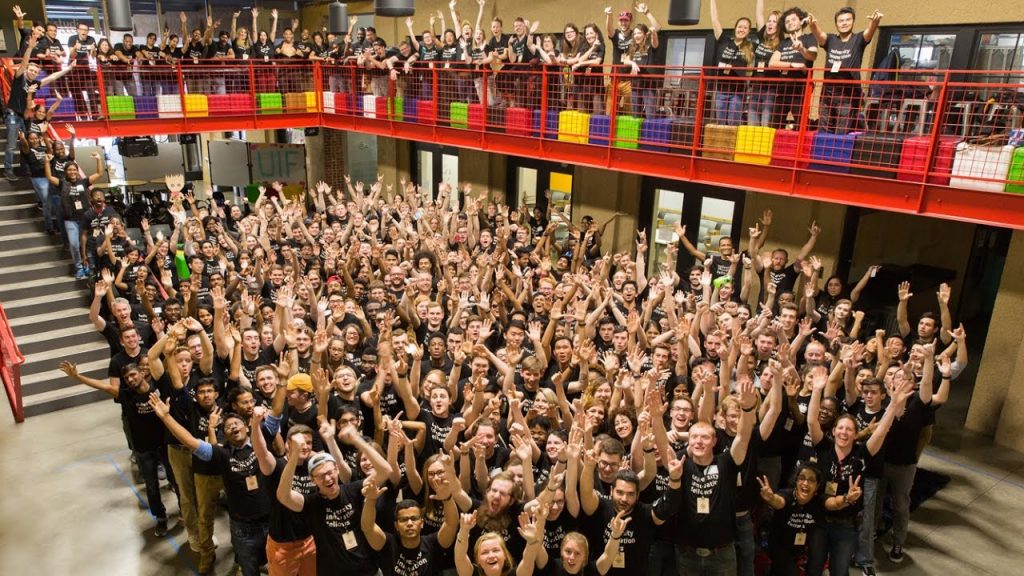
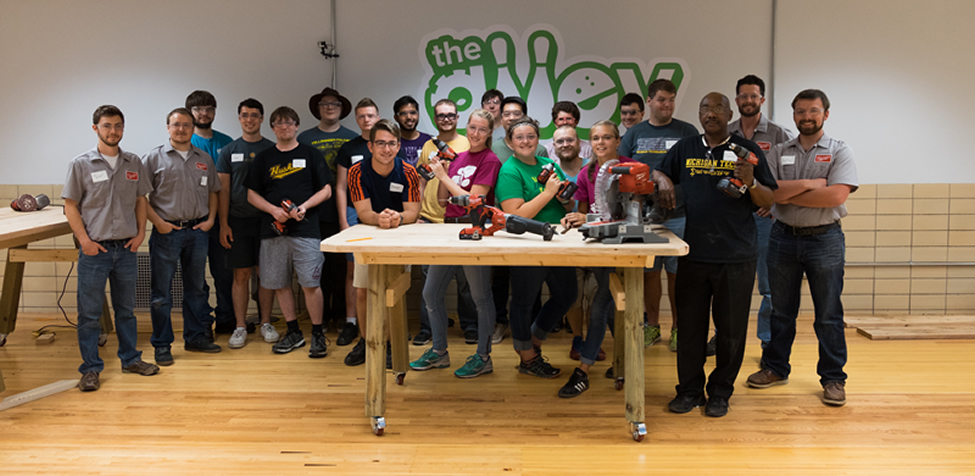
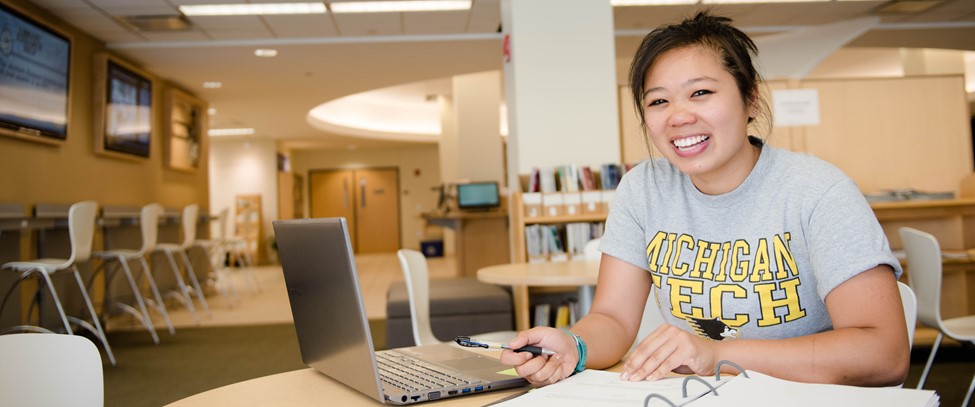
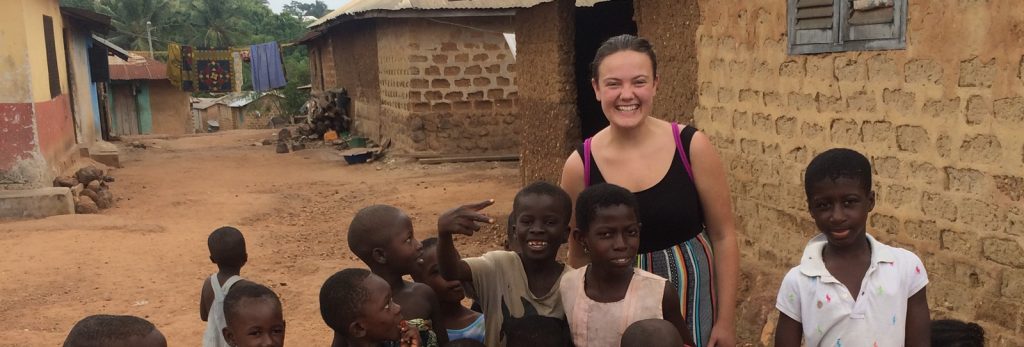
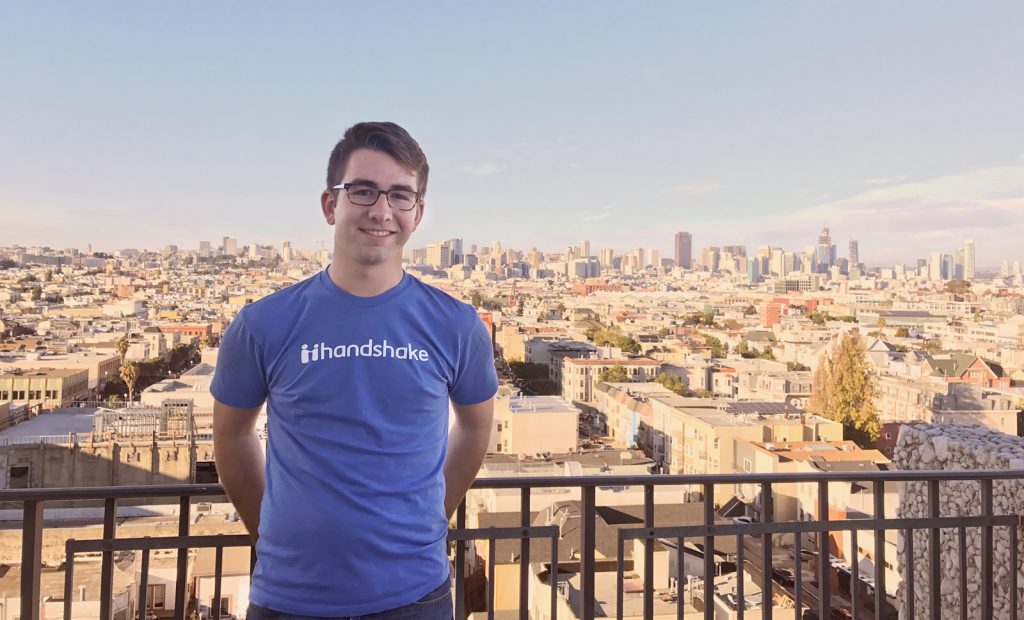
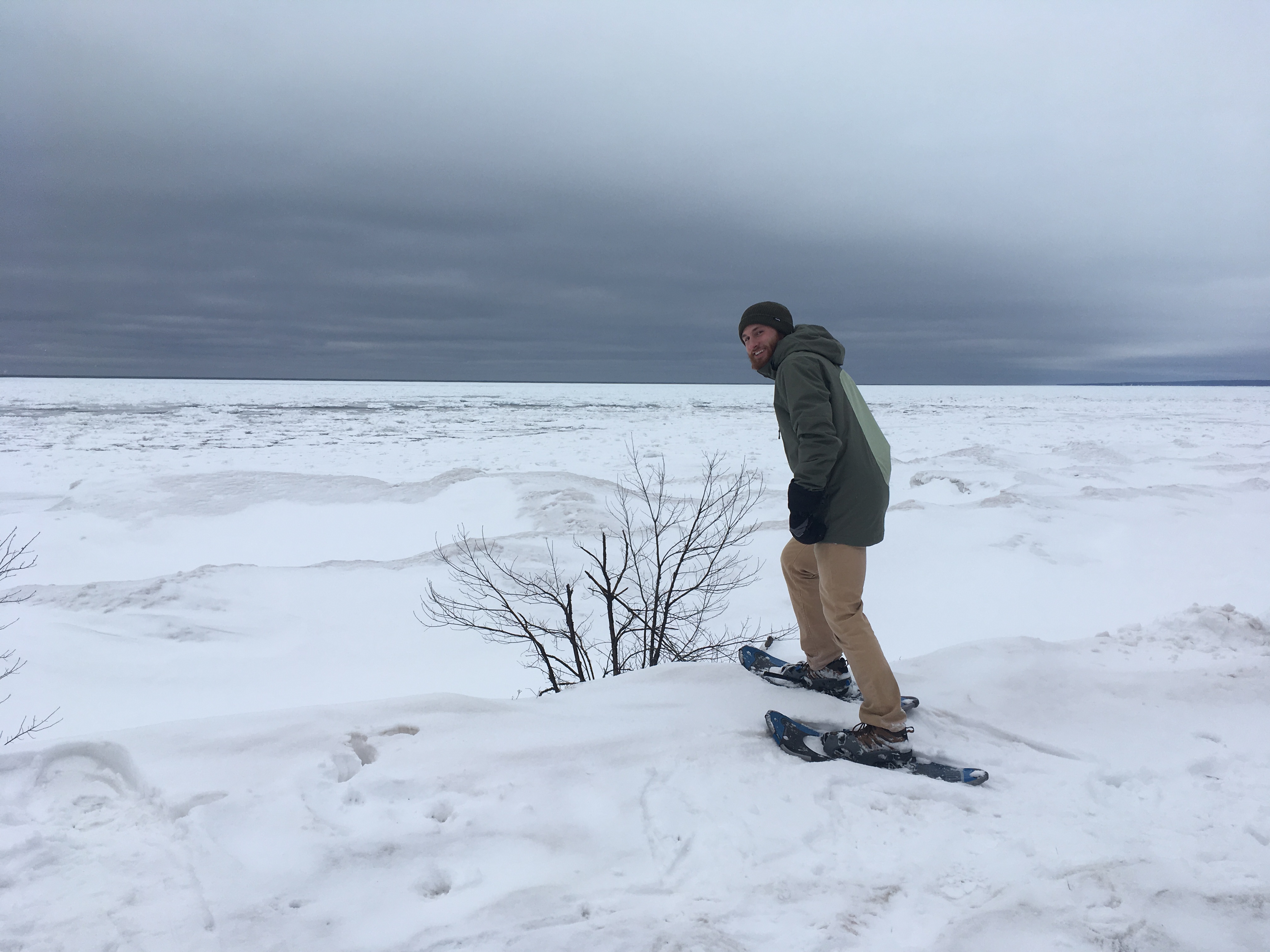
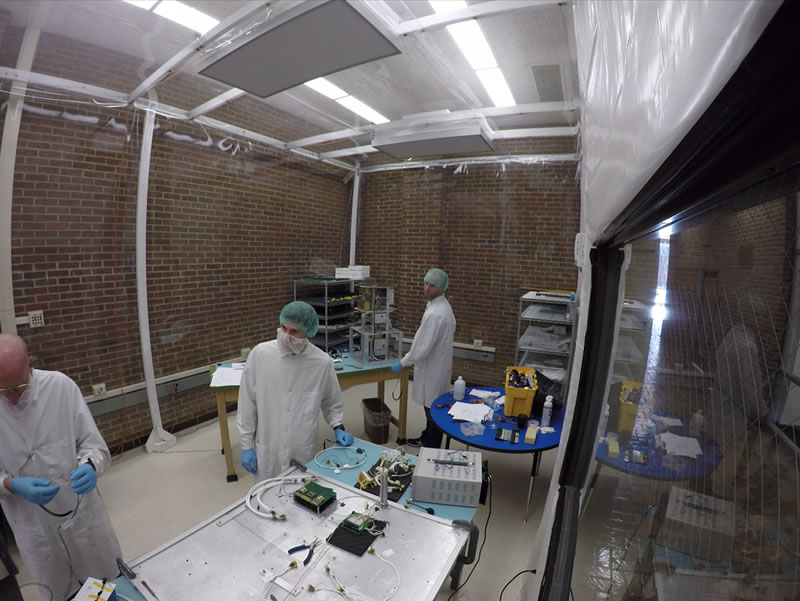
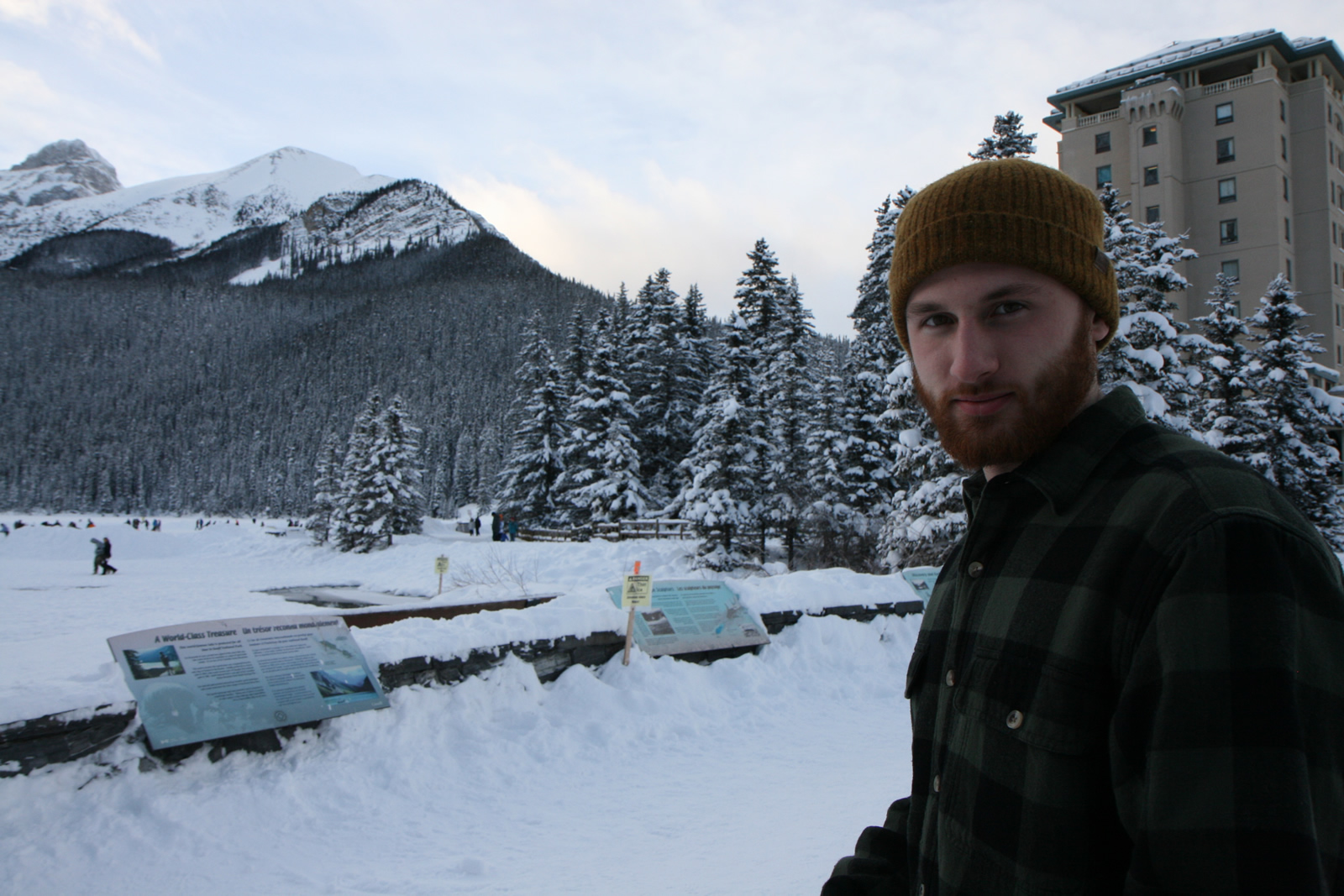
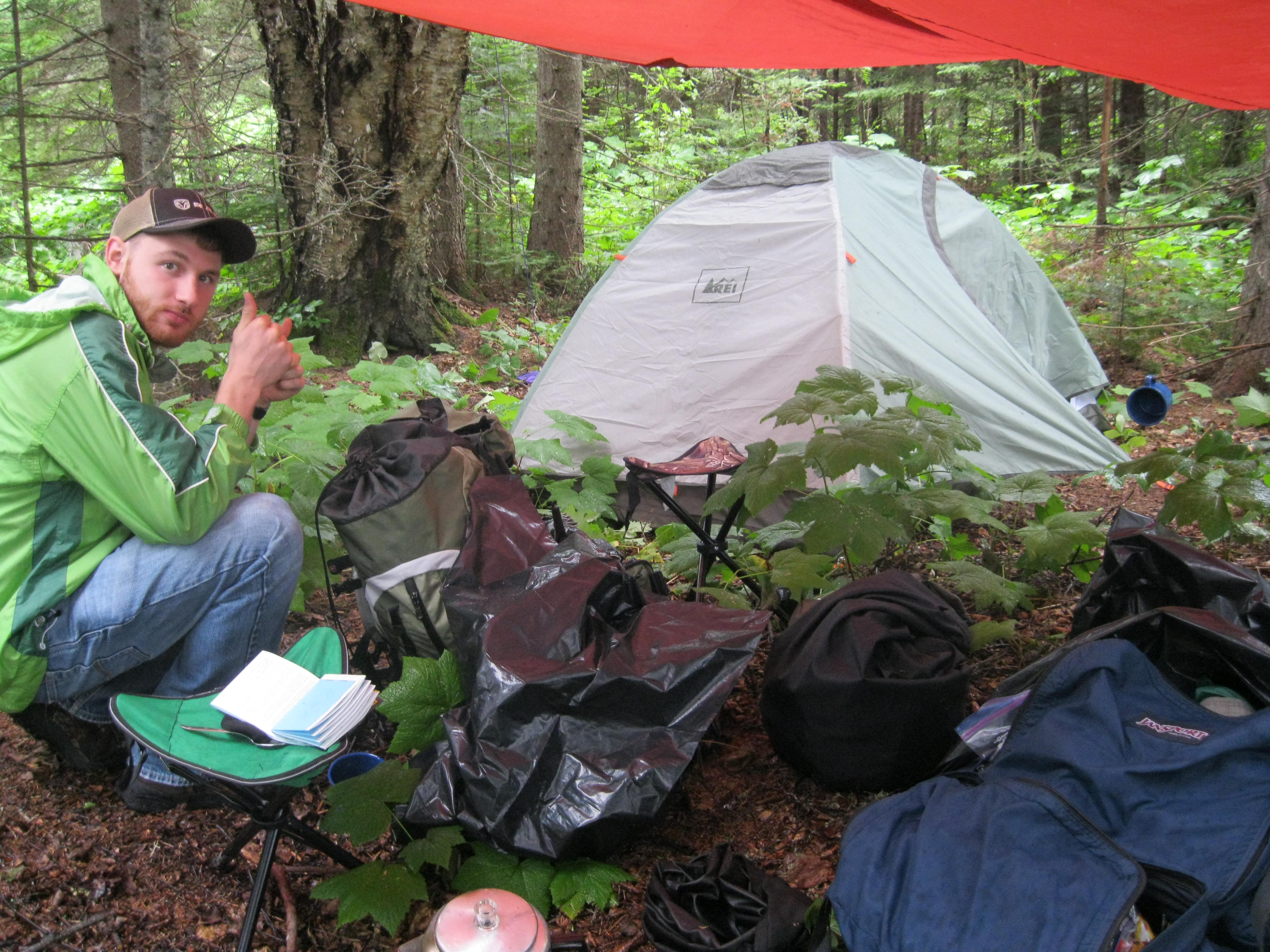
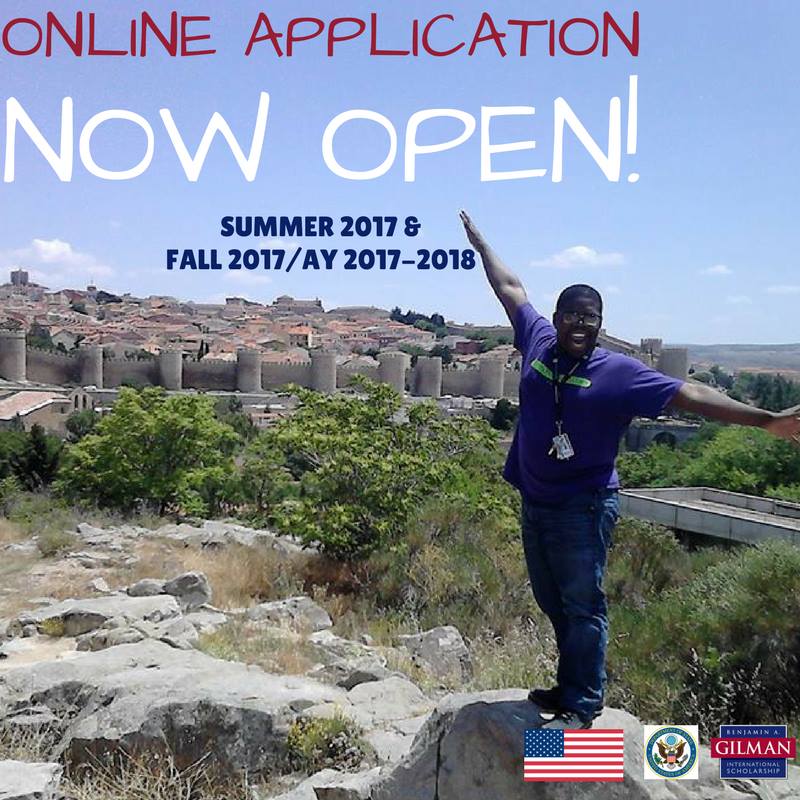

![Two businessmen are shaking hands at the meeting. [url=http://www.istockphoto.com/search/lightbox/9786622][img]http://img543.imageshack.us/img543/9562/business.jpg[/img][/url] [url=http://www.istockphoto.com/search/lightbox/9786738][img]http://img830.imageshack.us/img830/1561/groupsk.jpg[/img][/url]](https://blogs.mtu.edu/honors/files/2017/01/Industry-300x200.jpg)


